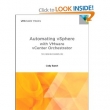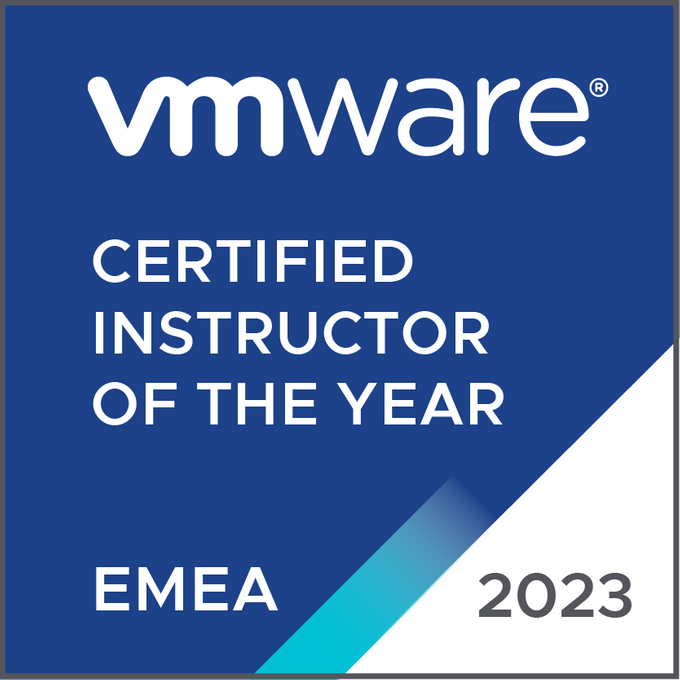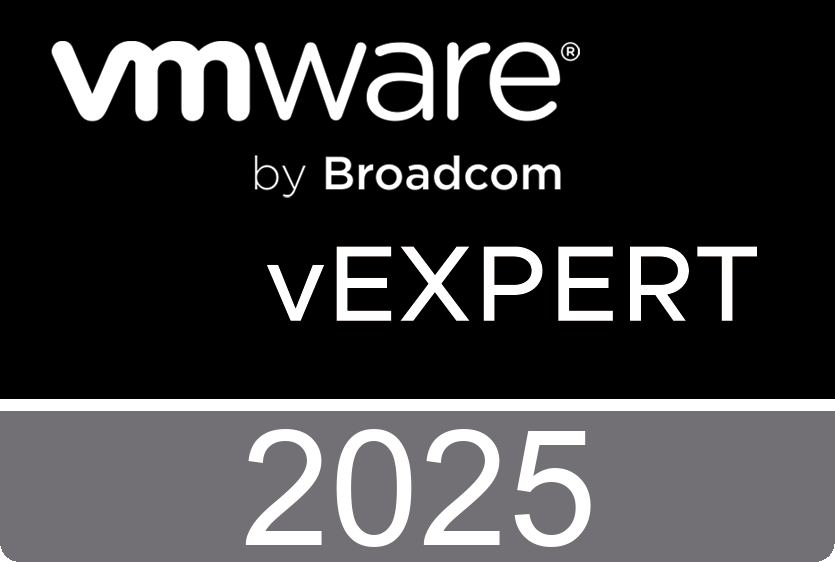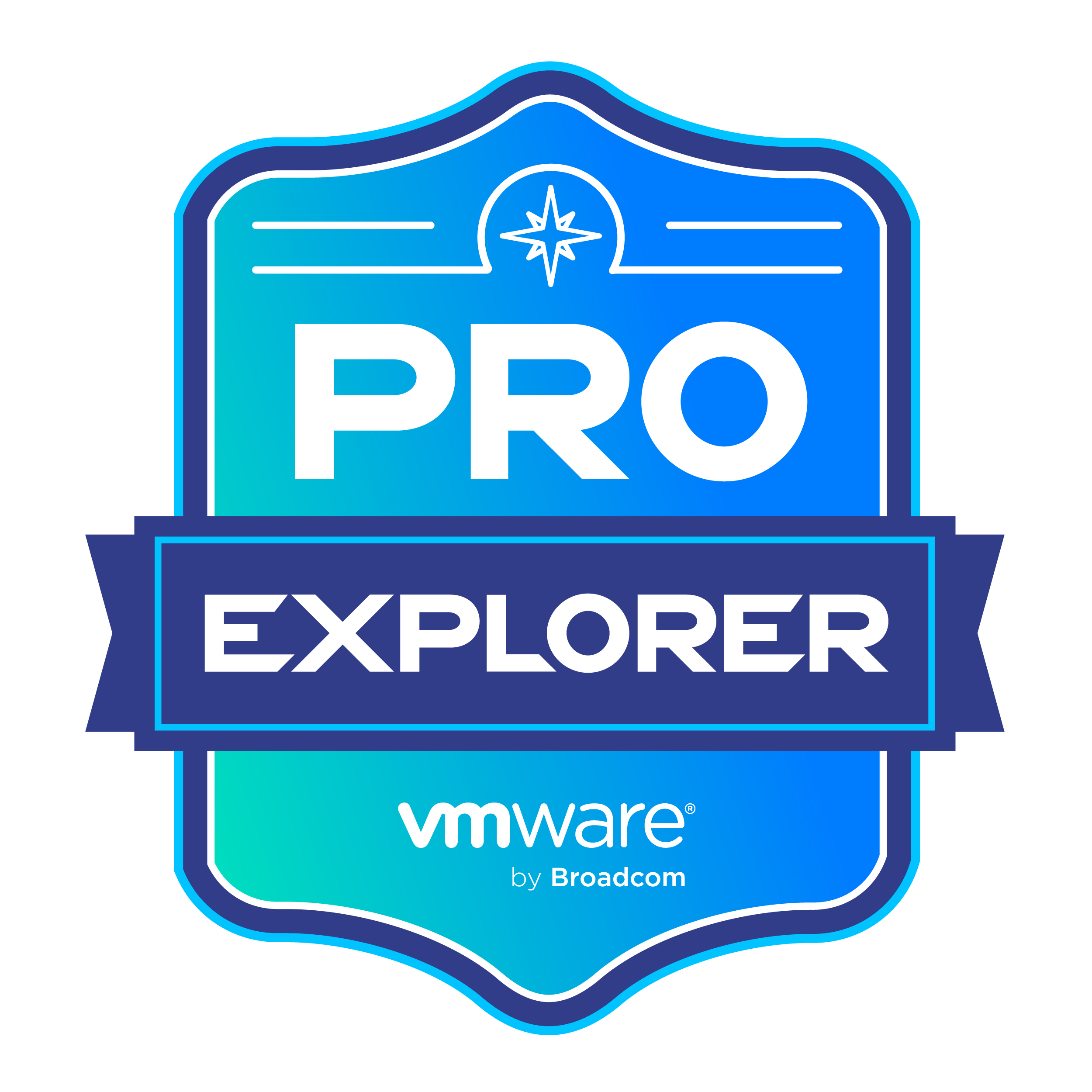 With the upcoming release of VMware Cloud Automation Center 5.2 on the horizon, I had the opportunity to ask Zack Kielich who works at a Senior Systems Engineer at VMware, a few questions.
With the upcoming release of VMware Cloud Automation Center 5.2 on the horizon, I had the opportunity to ask Zack Kielich who works at a Senior Systems Engineer at VMware, a few questions.
Q: Hi Zack, you've recently launched the website vCACTeam.info. Is this website officially a VMware website?
A: No it's not officially affiliated with VMware. Contributors may come form VMware, but it's mainly a site designed on how to best use and implement vCAC.
Q: The VMware Cloud Automation Center product is fairly new to a lot of people. What's the greatest takeaway value for new users? Do you really have to use it for managing or automating multiple clouds or are there other use cases?
A: If there's one thing people should know about vCAC, it's that it enables customers of any knowledge level to consume the cloud resources you give them access to. At the end of the day, customers don't care where a machine gets spun up as long as it's fast and it will do what they want. That means that maybe there's an approval in the request process, but then it goes off to one of the many hypervisor or cloud vendors we support. Imagine not having to put your cloud admins to work to build VMs on the daily, while at the same time they are getting deprovisioned automatically so that you don't have to buy hardware as often--that's the goal: ease of use for the customer, cost savings for the organization.
Today, the main value that vCAC adds is the ability to manage and automate multiple cloud management tools (vSphere, RHEL KVM, AWS, etc) as well as provision to physical hardware (through UCS, iDRAC, and iLO) to build manageable hybrid cloud, private cloud, virtual desktop, and platform as a service environments. That's a pretty large feat in itself, and you can bet that there are plans to add even more value to this product as it further integrates into the VMware suite of products.
Q: The vCAC product has a lot of overlap with existing products like vCloud Director. How are both products positioned?
A: vCAC was an acquisition which had already started down it's own journey to produce value for the DynamicOps customers. Now that it's part of the VMware family, we're in the process of addressing some of the overlap, but it generally comes down to this--what are your business and, therefore, technical goals? If you need robust multi-tenancy functionality with the ability to dynamically create vApp level networking, then you probably need vCD. If you have a use case where all machines are direct connected to a vSphere vLAN and you have no need to isolate a group of machines into an application, then you could probably just connect vCAC to vSphere. It all goes back to your organization's vision and maturity level.
Q: The scripting and workflow language within vCAC is very .NET oriented and has a steep learning curve, is it going to be targeted at developers or administrators?
A: If you're building/importing new workflows, you're right, it can be .NET focused. One thing that we're trying to emphasize in order to limit that is the utilization of vCO. Many customers own vCO today as part of the vSphere suite, but don't use it. It gives organizations the ability to integrate with 3rd party applications like Infoblox, Active Directory, Remedy, and ServiceNow without having to build it. They just install the plugin and collect/pass the strings from vCAC to vCO.  Q: What will happen with vCenter Orchestrator since this product offers the same capabilities. Will both product live side by side?
Q: What will happen with vCenter Orchestrator since this product offers the same capabilities. Will both product live side by side?
A: Personally, I think that vCO will become a more central product within the VMware portfolio. The history states that there hasn't been much focus on vCO in the past, but VMware is now starting to make some large improvements in it and have more regular releases. I am encouraging everyone I speak with to check it out, if they haven't already, and if they're building extensions to vCAC to build them in vCO if possible. If you want a great resource for learning the ropes, check out the book Cody Bunch wrote.
Zack, many thanks for the interview. If you want to learn more about vCAC, you definitely have to tune in at the community roundtable podcast which was recorded by Mike Larerick recently. (#231 - vCloud Automation Center) can be downloaded at this address.
There's will also be a training course available in the near future. The vCloud Automation Center Foundation Training is designed for Technical Post-sales delivery specialists, this 2-day, hands-on class is ideal for IT Administrators who are responsible for the provisioning, management and decommissioning of machine resources. Students will learn how to install, configure and administer Cloud Automation Center 5.2 for use in data center resource provisioning. Plus learn how to how to quickly set up and create on-demand private and public cloud services.
The Basics
Configuration
Configurable Customizations
Advanced Customizations



